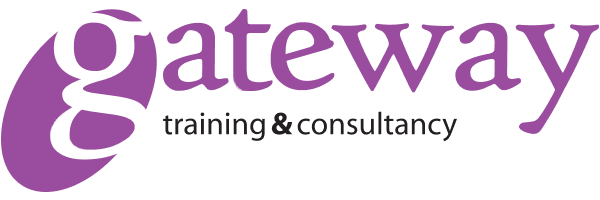During the course Participants will:-
-
Learn techniques, particularly communication skills, to enable the establishment of good relationships based on consensus and appropriate boundaries which may reduce the likelihood of conflict arising in the first place
-
Develop confidence when dealing with customers/colleagues both by email and on the phone particularly those who may be stressed; distressed or angry
-
Explore self-awareness, emotional intelligence and empathy skills to support the customer/colleague appropriately through a foundation of understanding around the causes of stress/ distress
-
Learn techniques for staying calm, professional and yet compassionate towards the customer/colleague and of controlling the call and email thread and establishing appropriate boundaries in calls and emails.
-
Recognise the verbal and vocal aspects of telephone skills with a focus on active listening and sensitive call handling.
-
Develop good practice around taking care of ourselves and the importance of de-briefing in conflicted situations
Course Overview
-
To look at ABC’s: Where Service Excellence Starts
-
What communication skills can enhance an interaction?
-
To explore the effective communication skills needed in both email and telephone conversations including;-
-
Appropriate responses to emails.
-
Establishing an appropriate response time to correspondence.
-
Answering telephones promptly and in a professional manner.
-
How to escalate calls / emails if required.
Managing sensitive conversations with people Empathy for the people we are dealing with How to manage difficult interactions including:-
-
How to be firm but fair and understanding.
-
Dealing with argumentative or defensive people.
-
What to do if put in an uncomfortable position.
-
What to do if you don’t know what to do / say.
Examine the benefits of professional email and telephone techniques and determine which are the most effective Managing sensitive conversations with those in stress/distress
Handling customer complaints effectively
Looking after yourself and increasing self-esteem and reducing in stressThe course will include case studies to embed the learning

